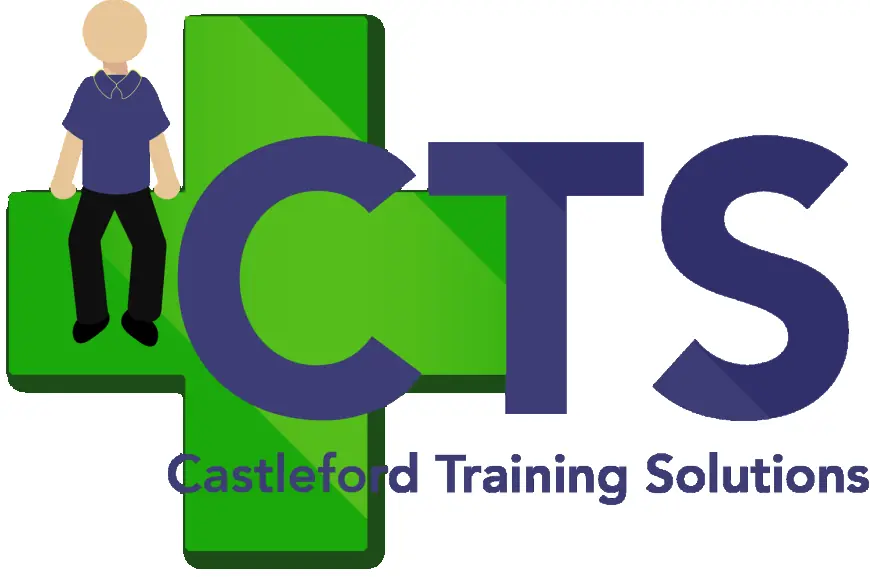First Aid for Mental Health in West Yorkshire: Building Healthier Workplaces & Communities
In busy cities like Leeds, Bradford and Wakefield — and across the rolling countryside of West Yorkshire — people face pressures that can take a toll on mental health. From workplace stress to personal struggles, anxiety, depression and burnout are becoming all too common.

Yet while most businesses, schools and community groups are well-prepared to handle physical emergencies, far fewer have a plan for mental health. That’s where First Aid for Mental Health (FAMH) training comes in.
At Castleford Training Solutions, we proudly deliver mental health first aid courses in West Yorkshire, helping local organisations create safer, more supportive environments for everyone.
Why mental health first aid matters in West Yorkshire
Mental health problems are not rare. In fact, about 1 in 4 people in the UK will experience a mental health issue each year. The cost to businesses is huge — mental ill-health leads to millions of lost working days, lower productivity, and increased staff turnover.
For communities in West Yorkshire, where industries range from finance in Leeds to manufacturing in Huddersfield and tourism in Haworth, the ripple effects of unaddressed mental health challenges are felt everywhere.
Having trained mental health first aiders helps to:
Spot early warning signs and support colleagues, students or friends
Break down stigma so people feel safe talking about struggles
Reduce the impact of crises through early intervention
Encourage professional help when needed
What does First Aid for Mental Health involve?
Unlike traditional first aid, this training isn’t about CPR or bandages. It’s about learning how to recognise signs that someone might be struggling with stress, anxiety, depression, substance misuse, or even suicidal thoughts — and then knowing how to respond.
A typical mental health first aid course in West Yorkshire with us will teach you to:
-
Understand common mental health conditions and how they affect people differently
-
Recognise behavioural and physical signs someone may be unwell
-
Start supportive, non-judgemental conversations
-
Respond to disclosures in a calm, empathetic way
-
Encourage seeking professional help or self-care strategies
-
Handle situations like panic attacks or crises sensitively
-
Promote a healthier, more open workplace or community culture
What's Your Reaction?
 Like
0
Like
0
 Dislike
0
Dislike
0
 Love
0
Love
0
 Funny
0
Funny
0
 Angry
0
Angry
0
 Sad
0
Sad
0
 Wow
0
Wow
0
















































